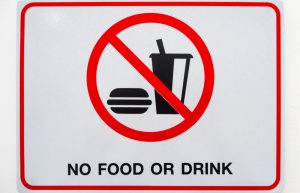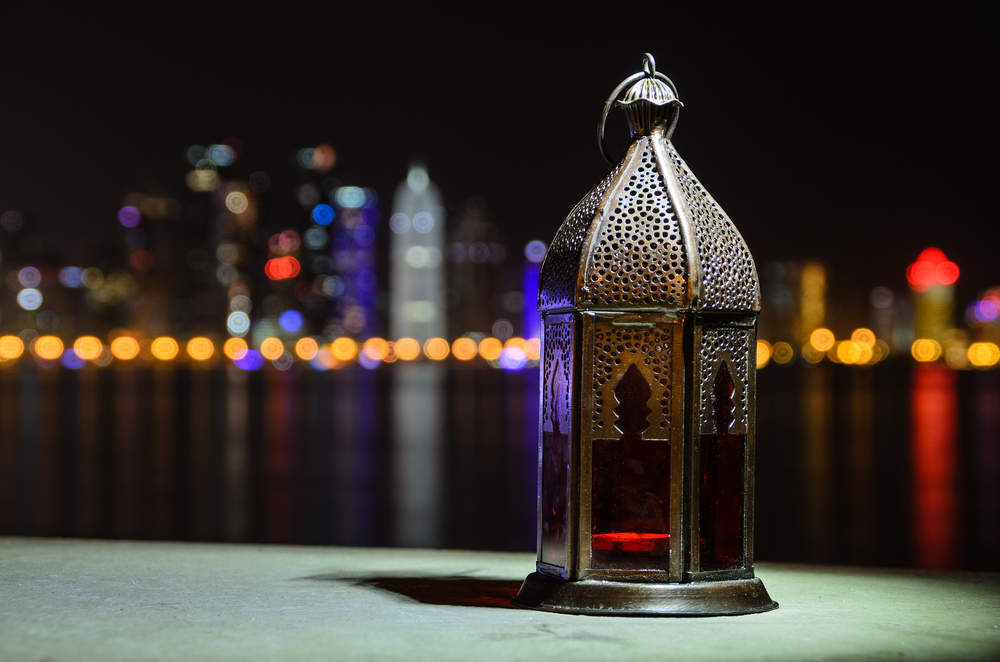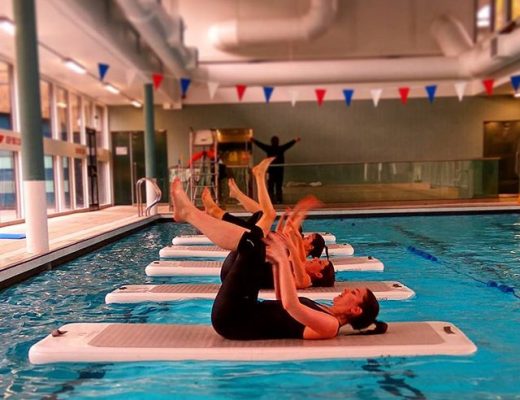The Islamic Holy Month of Ramadan is rapidly approaching, and if you’re anywhere near Qatar or the Arab World you’ll see some big changes.
The month of Ramadan is the ninth and holiest of months of the Islamic, lunar-based calendar. Throughout the month, hundreds of millions of Muslims around the world come together through fasting and prayers, as well as engagement in acts of charity and forgiveness.
 This year, Ramadan is expected to start on May 26 or 27, and will last until the crescent moon is sighted, 29 or 30 days later.
This year, Ramadan is expected to start on May 26 or 27, and will last until the crescent moon is sighted, 29 or 30 days later.
Being a month of spiritual reflection, Muslims will put more effort into religious devotion and worship, mainly through fasting. Each day, from dawn until sunset, Muslims abstain from eating and drinking, as well as sexual relations, selfishness, pride, and sinful thoughts, speech and behaviors.
If you are a non-Muslim or foreigner living in Qatar, this is what you should expect during this holy month:
No Food & Drinks
While non-Muslims (as well as the young, elderly, ill, travelling, menstruating, pregnant, and breastfeeding) are not expected to fast, eating or drinking in public is considered offensive and insensitive and is therefore banned. This means that if you are spotted drinking or eating, as well as chewing gum or smoking a cigarette during daytime you risk being fined. However, a warning is usually it.
 Since foods and drinks are not allowed during daytime, restaurants will remain closed during the day, but will open again just before sunset. However, some will still offer delivery services, so make sure to check in forehand.
Since foods and drinks are not allowed during daytime, restaurants will remain closed during the day, but will open again just before sunset. However, some will still offer delivery services, so make sure to check in forehand.
When it comes to lunch-hours at the job it could be tricky. You might be asked to have your lunch at a designated area away from public sight.
No Alcohol
Access to alcohol is limited in Qatar all year round, and is only found in hotel bars and restaurants, or at the Qatar Distribution Company for those with a drinking permit.
However, all bars will remain closed throughout Ramadan, as well as the state-run alcohol dispensary.
Shorter Work Hours
The good news for non-fasters is that Ramadan usually means shorter work hours. Every year during the month, state institutions switch to a 5-hour workday, while private business are more likely to go with 8-hour work days.
Suhur & Iftar
Before dawn, people come together for suhur, a pre-fast meal. And after some 15 tiresome hours of no food and drink, they break the fast over iftar.
 While suhur is mostly over a modest meal, iftar is quite extravagant in most cases. Families come together around big dinner feasts, and restaurants put on huge buffets and entertainment programs.
While suhur is mostly over a modest meal, iftar is quite extravagant in most cases. Families come together around big dinner feasts, and restaurants put on huge buffets and entertainment programs.
Festivities
The month of Ramadan ends with Eid Al-Fitr, Islam’s second-largest holiday, however, festivities start long before.
You will notice that a few days before Ramadan streets and homes will become decorated, and parades and festivities will held daily at markets, malls and popular public areas.
The biggest pre-Eid Al-Fitr celebration however, must be Garangao. On the 14th night of Ramadan, Qatari children will dress up in traditional clothing and go around their neighborhoods singing Garangao songs and collecting sweets.
Another daily tradition is witnessing the firing of a traditional canon to mark the break of fast. Every evening, families gather outside of the Mohammed Bin Abdul Wahab Mosque to watch the canon go off before proceeding to Maghrib prayers and iftar.





Orchidea - The Arabian Game Of Thrones - The life pile
May 10, 2017 at 3:58 pm[…] month of Ramadan is the holiest month in Islam, and binge-watching television programs produced specifically to run throughout the month has […]
10 Tips For Fasting This Ramadan - The life pile
May 23, 2017 at 3:56 pm[…] These 10 tips will help you stay active, healthy and comfortable throughout fasting. Read more about Ramadan. […]